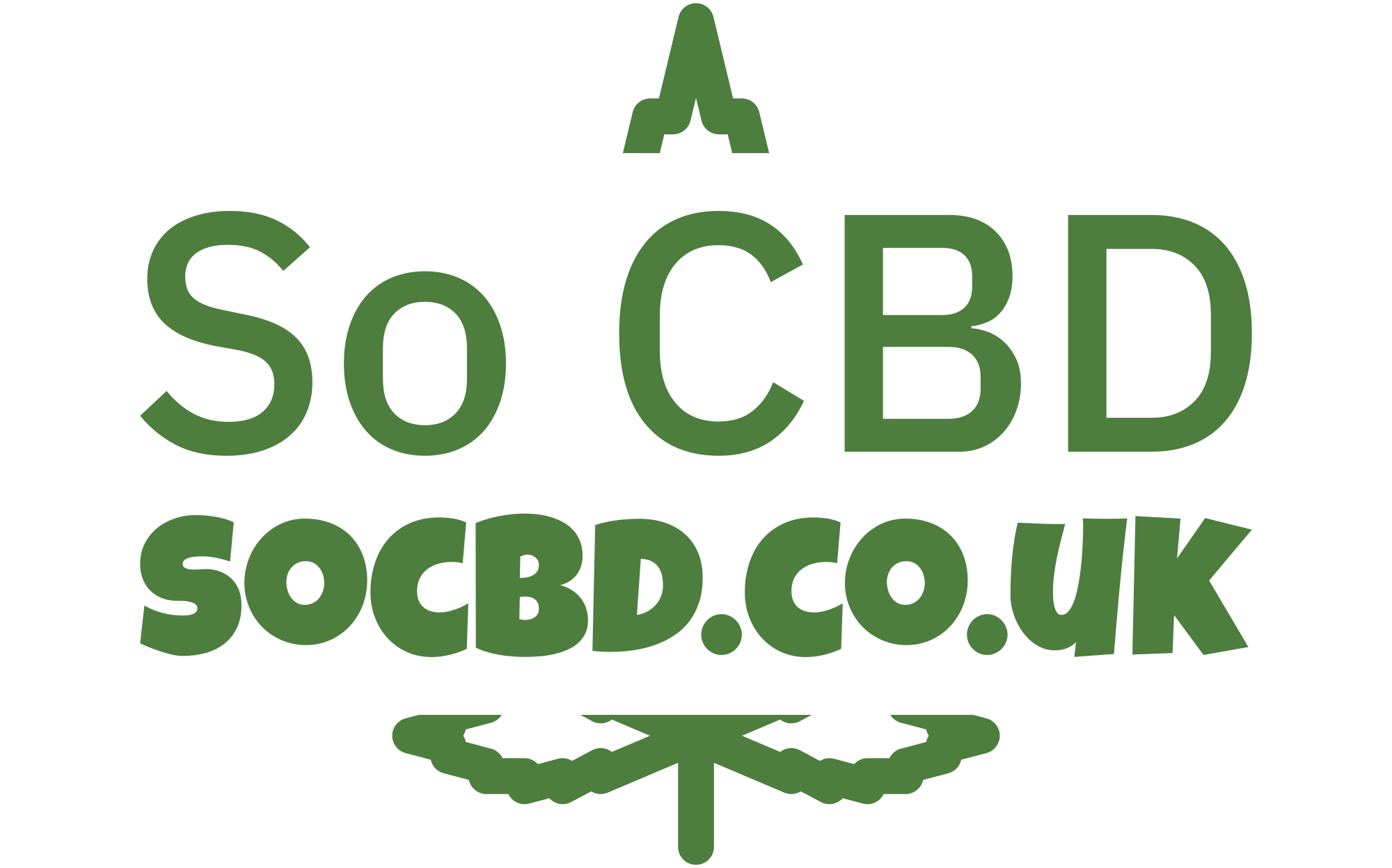Introduction
Inflammation is a natural immune response that helps the body fight off infection and heal injuries. However, chronic inflammation can contribute to various health issues, including autoimmune disorders, cardiovascular disease, and chronic pain. While there are medications available to manage inflammation, many individuals prefer natural approaches to support their overall well-being. In this comprehensive guide, we will explore various natural ways to cope with inflammation. We will discuss dietary changes, lifestyle modifications, herbal remedies, and other practices that may help reduce inflammation and promote a healthier inflammatory response.
I. Understanding Inflammation
- Acute vs. Chronic Inflammation: Acute inflammation is a short-term response to injury or infection, while chronic inflammation persists over an extended period. Chronic inflammation can be detrimental to health and contribute to the development of various diseases.
- Causes of Inflammation: Inflammation can be caused by factors such as poor diet, sedentary lifestyle, stress, environmental toxins, and certain medical conditions. Identifying and addressing the root causes of inflammation is important for long-term management.
II. Dietary Changes for Inflammation
- Anti-Inflammatory Foods: Incorporating anti-inflammatory foods into your diet can help reduce inflammation. These include fruits, vegetables, whole grains, healthy fats (such as olive oil and avocados), fatty fish (rich in omega-3 fatty acids), nuts, and seeds.
- Avoid Inflammatory Foods: Certain foods can contribute to inflammation. These include processed foods, refined sugars, unhealthy fats (trans fats and saturated fats), excessive alcohol, and refined carbohydrates. Limiting or avoiding these foods can help manage inflammation.
- The Mediterranean Diet: The Mediterranean diet is known for its anti-inflammatory properties. It emphasizes whole foods, legumes, fish, olive oil, and spices like turmeric, which have natural anti-inflammatory effects.
III. Lifestyle Modifications
- Regular Exercise: Regular physical activity can help reduce inflammation and improve overall health. Aim for a combination of cardiovascular exercise, strength training, and flexibility exercises. Consult with a healthcare professional before starting any new exercise program.
- Stress Management: Chronic stress can contribute to inflammation. Explore stress management techniques such as mindfulness meditation, deep breathing exercises, yoga, and engaging in hobbies or activities you enjoy.
- C. Quality Sleep: Prioritize getting enough sleep and establish a consistent sleep routine. Poor sleep can lead to increased inflammation, so aim for 7-9 hours of quality sleep per night.
- D. Maintain a Healthy Weight: Excess weight can contribute to inflammation. Aim to maintain a healthy weight through a balanced diet and regular exercise.
IV. Herbal Remedies
- Turmeric: Turmeric contains curcumin, a compound with potent anti-inflammatory properties. Consider incorporating turmeric into your diet or taking curcumin supplements after consulting with a healthcare professional.
- Ginger: Ginger has natural anti-inflammatory properties and can be consumed as a tea, added to meals, or taken as a supplement.
- Boswellia: Boswellia, also known as Indian frankincense, is an herbal extract that has been used for centuries to reduce inflammation. It can be found in supplement form.
- Green Tea: Green tea contains antioxidants that help reduce inflammation. Enjoy a cup of green tea daily or take green tea extract supplements.
V. Other Practices
- Mind-Body Techniques: Practices like yoga, tai chi, and qigong combine movement, breathwork, and mindfulness, which can help reduce inflammation and promote overall well-being.
- Cold Therapy: Applying cold packs or ice to inflamed areas can help reduce swelling and inflammation. Use caution and follow guidelines to avoid skin damage.
- Massage Therapy: Massage can help reduce muscle tensionand promote relaxation, which can indirectly reduce inflammation by reducing stress and improving circulation.
- D. Acupuncture: Acupuncture is a traditional Chinese therapy that involves the insertion of thin needles into specific points on the body. It is believed to stimulate the body’s energy flow and promote balance, which can help reduce inflammation and pain.
- E. Heat Therapy: Applying heat to inflamed areas can help relax muscles and improve blood flow, thereby reducing inflammation. Use heating pads, warm towels, or take warm baths for targeted heat therapy.
VI. Consult with a Healthcare Professional
While these natural approaches can be beneficial for managing inflammation, it’s essential to consult with a healthcare professional before making any significant changes to your diet or lifestyle, especially if you have an underlying medical condition or are taking medications.
Conclusion
Coping with inflammation naturally involves adopting a holistic approach that includes dietary changes, lifestyle modifications, herbal remedies, and various practices that promote overall well-being. By incorporating anti-inflammatory foods, avoiding pro-inflammatory foods, engaging in regular exercise, managing stress, getting quality sleep, and considering herbal remedies, individuals can potentially reduce inflammation and support a healthier inflammatory response in their bodies. Additionally, practices such as mind-body techniques, cold therapy, massage therapy, acupuncture, and heat therapy can provide additional relief. It’s important to remember that everyone’s body is unique, and what works for one person may not work for another. Therefore, it’s advisable to personalize these approaches based on your specific needs and consult with a healthcare professional for personalized guidance and support on managing inflammation naturally. With a comprehensive and mindful approach, you can take control of your health and promote a healthier inflammatory balance in your body.
- Ultimate Guide Comprehensive Review of the Best CBD Oils By Canna Flower - September 13, 2024
- Sweet Boost: My Take on Just Kratom’s Tropical Passion Gummies and Their Punchy Kick - September 13, 2024
- Benefits of HHC-P TINCTURES - July 19, 2023


